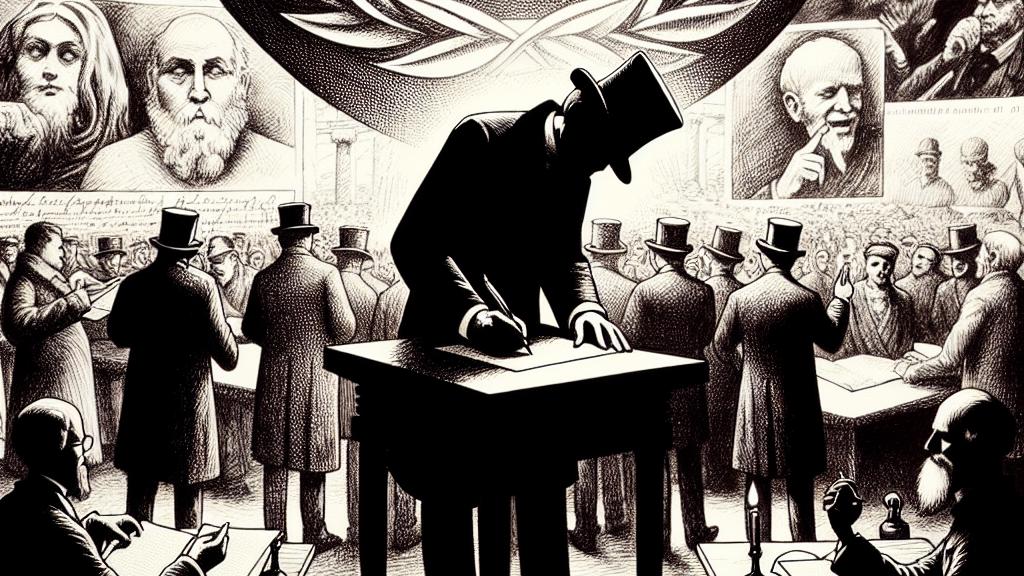Trump's New Law Limits Gender to Only Two: Male and Female
Overview
- Trump's executive order restricts gender identity to just male and female, igniting intense discussions nationwide.
- Critics warn this change could reverse vital advancements in diversity and equality for marginalized communities.
- This order symbolizes a significant policy shift, challenging the recognition of gender beyond the binary framework.

Overview of the New Executive Order
On January 20, 2025, President Donald Trump signed a controversial executive order in Washington, D.C., establishing a rigid definition of gender as solely male or female. This dramatic action reverses the progressive steps taken to acknowledge non-binary and transgender identities, which had slowly gained acceptance in recent years. Trump articulated a vision during his inaugural speech, proclaiming, 'We will put an end to government experiments that manipulate social standards around race and gender.' While he positions this move as a means of restoring fairness, many see it as a dangerous rollback that threatens the identities of countless Americans, sparking a lively and often emotional debate about the real meaning of equality in today's diverse society.
Impact on Federal Employment and Policies
The ramifications of Trump’s executive order extend deeply into the fabric of federal employment policies. By mandating the immediate cessation of diversity, equity, and inclusion (DEI) initiatives, Trump’s decree silences critical efforts aimed at fostering acceptance across all gender identities. For instance, previously successful DEI programs that encouraged diverse hiring practices will be dismantled, potentially erasing years of progress toward a more inclusive workforce. This could create an atmosphere of fear and uncertainty among the approximately 3 million federal employees who might feel the consequences. It’s not merely about losing jobs; it reflects a broader societal mentality that devalues diversity, leaving individuals questioning their worth and place within the government.
Broader Societal Implications
The impact of this executive order reaches far beyond federal employment—it poses a significant threat to societal attitudes regarding gender identity. By declaring that gender exists strictly within a binary framework, the administration risks marginalizing millions who do not fit neatly into these categories. Consider the implications for healthcare: providers may become less informed about the diverse gender identities of their patients, leading to inadequate care for those who require a deeper understanding of their experiences. Imagine conversations about gender identity being shut down altogether; this could increase stigma and discrimination, exacerbating mental health challenges for many. Critics passionately argue that this set of policies diminishes the dignity and validity of non-binary individuals, making it imperative for advocates to persist in their fight for rights and recognition in an increasingly challenging political landscape.

Loading...